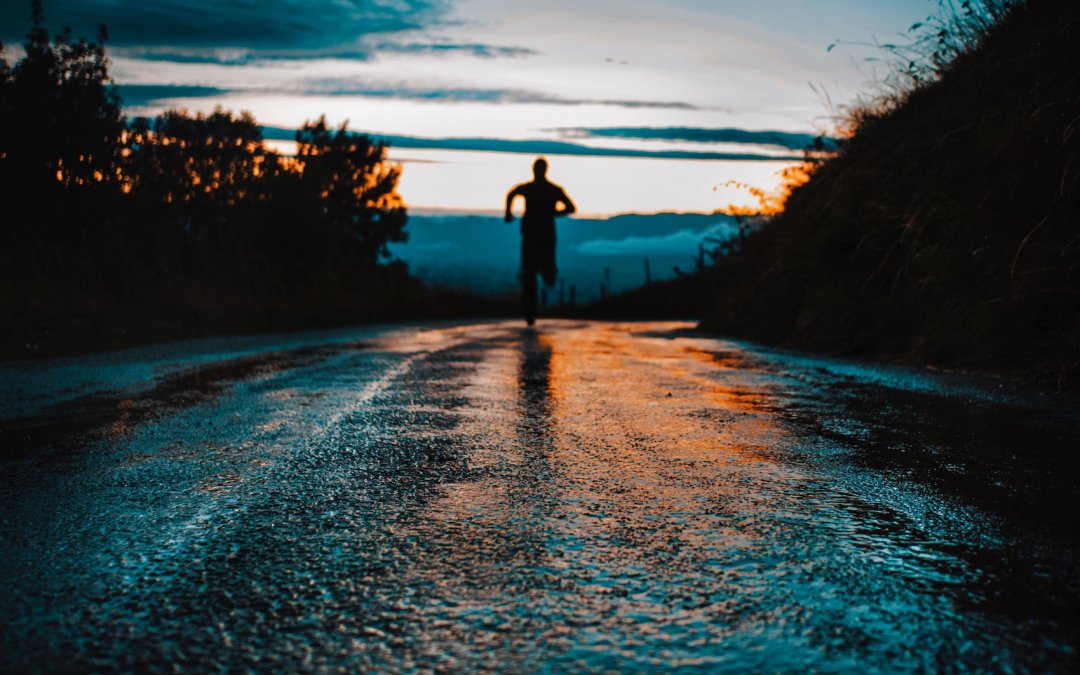Maintaining a consistent jogging schedule while you train for a marathon is important, but you also need to know how to properly refuel your body after a strenuous run. This means not just knowing what to eat and drink, but knowing how to pace yourself. Here are some tips that can help.
Hydrate Yourself, but Don’t Drink Too Fast
You obviously need to hydrate yourself after a long run, but you have to be careful not to drink too quickly. Downing a gallon of water or sports drink immediately after your run will result in expelling most of the liquid and electrolytes that you take in through either sweat or urine.
When you finish your run, immediately drink about 500ml (equal to 17 ounces) of water afterward. After that, take smaller drinks of water over the next few hours until you’ve reached your pre-run weight.
The 4:1 Ratio
You will need to replenish your muscles with carbohydrates and protein within about 30 to 45 minutes of finishing your run. If your next training session isn’t for at least 24 hours, you can wait for about an hour before eating something. As a rule, try to stick to a 4:1 carbohydrate to protein ratio. This means for every four ounces of carbohydrates you consume, you should also eat one gram of protein.
As for what kinds of food to eat, your carbohydrates can come from bread, potatoes, whole-wheat pasta, and other high-glycemic index foods. Your protein can come from lean beef, chicken or turkey breast, Greek yogurt, salmon, or eggs. You obviously shouldn’t gorge yourself on these foods, and the way you prepare them will make a difference. For example, a fried chicken meal is definitely a bad idea, but quinoa salad or some whole-wheat pasta with some lean meat will be just fine.
If you can’t prepare a full meal after your run, you can still get a boost from the right kind of snack. Try a protein shake, a 12-ounce glass of milk, or an apple or banana with peanut butter if you want a quick pick-me-up before your next meal.
Whenever you are training for a long-distance run, remember that what you do before and after exercising is just as important as what you do during a workout. Keep these tips in mind, remember not to push yourself too hard, and good luck with your training!
